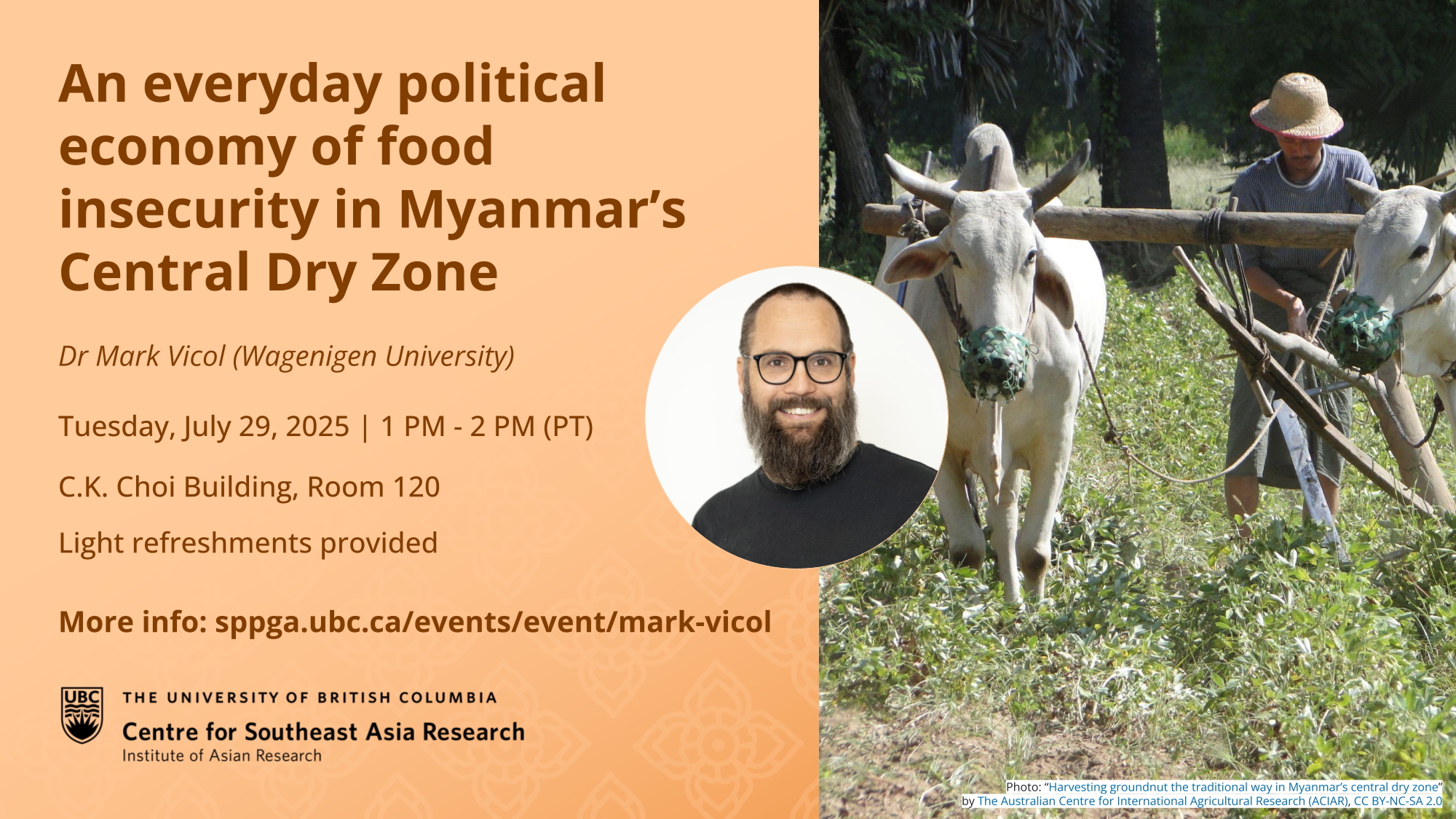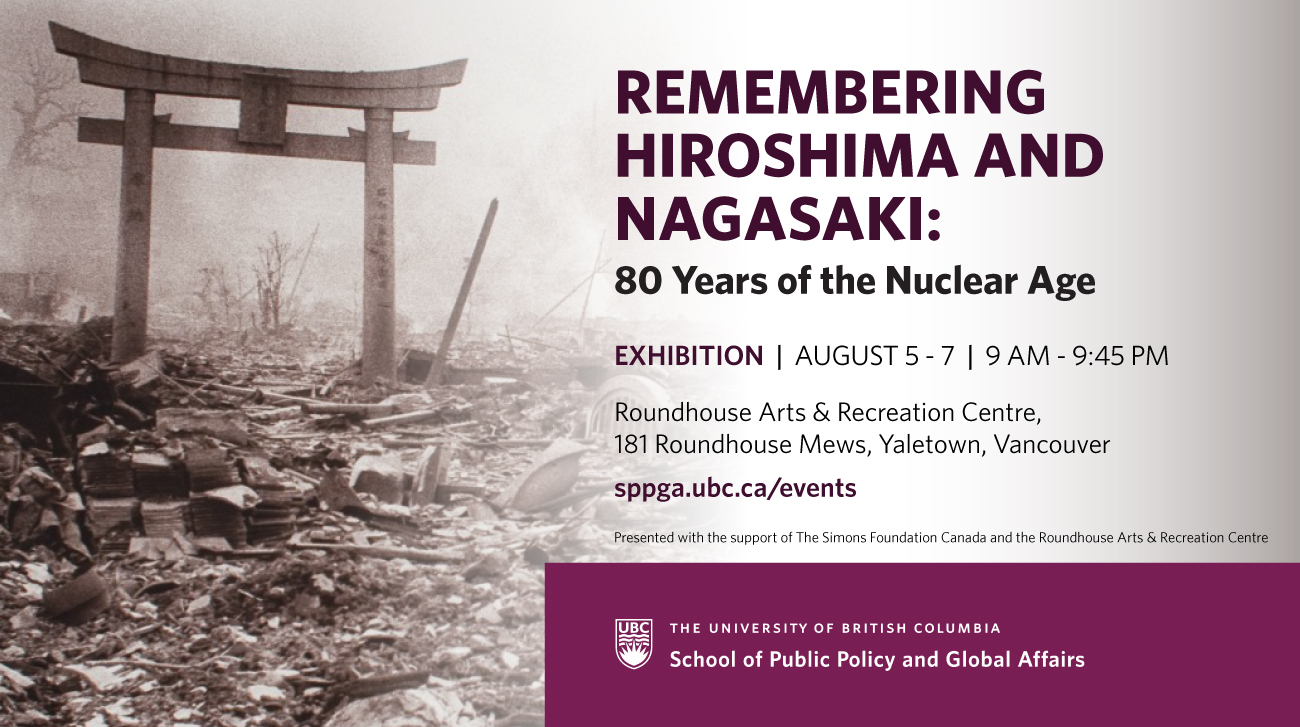Join this inaugural cross campus seminar series, Mining and Minerals Extraction in a New Global Landscape, for the first seminar in the series, The Challenge of Strengthening the Social and Environmental Performance of the Mining Industry, featuring Dr. R. Anthony Hodge, Adjunct Professor at the Robert M. Buchan Department of Mining Engineering Queen’s University.
No RSVP is required. We encourage you to show up at the door.


Dr. Hodge will begin by reflecting on the fact that even though some improvements to social and environmental performance are evident amongst leadership mining companies, needed change is not forthcoming, too short term, and not industry wide – a concern that has been re-enforced by the recent tailings tragedies. He will point out that the demands of green technologies and support for the evolution of and poverty reduction in emerging nations together mean that more mining will be needed in the future – not less. This at a time when societal pressure to bring fairness to the attendant distribution of costs, risks and benefits will only increase. Hodge will provide an overview of the many thousands of “mining” companies and operations, upstream supply and service companies (particularly financial), downstream consumers, governments, civil society organizations, and affiliated academic/research organizations together comprise the “mining ecosystem.” Objectives, size, ownership models, capacity, and importantly, interest in and willingness to change is highly variable. Different incentives for strengthening performance targeted at different parts of the industry are essential. These need to be synchronized through the creation of a synchronized industry-wide change strategy. If this step is not taken, business-as-usual will continue: change and improvement will continue at a rate that is too little and too slow, leading companies will continue to be dragged down by the laggards, and respect from society for the industry will not be forthcoming.
Bio: Dr. R. Anthony Hodge is a geological engineer with early graduate work focusing on hydrogeology (University of British Columbia, 1972, 1976). In 1995 he was awarded an interdisciplinary Ph.D. from McGill University, Montreal, for his work on Assessing Progress Toward Sustainability.
He is currently Senior Scholar and Adjunct Professor at the Robert M. Buchan Department of Mining Engineering Queen’s University in Kingston, Canada; Visiting Professorial Fellow and Adjunct Professor at the Sustainable Minerals Institute, University of Queensland, Brisbane Australia; member of the Natural Resource and Energy Leadership Council convened by RESOLVE in Washington DC; advisor to the Responsible Mining Foundation, Amsterdam, and a member of the Independent Tailings Review Board for the Red Mountain mine project, British Columbia.
In September 2015, he stepped down after serving for 7 years as President of the International Council on Mining and Metals, London UK. Just prior to that, in September 2007, Dr. Hodge had been appointed the first Kinross Professor in Mining and Sustainability at the Queen’s University Department of Mining Engineering, a position he relinquished with regret to assume his duties as ICMM President.
Throughout his professional life he has been guided by a deep commitment to concepts of applied sustainability, working at the social-technical-environmental-financial interface to achieve both human and ecosystem well-being over the long term, not one at the expense of the other. His assignments span the private sector, government, quasi-judicial processes, civil society organizations, communities, and Indigenous peoples. He has sought common ground between actors, integrating multiple values into the solutions to some of the most difficult challenges facing today’s society.
Co-hosted at UBC by:
- The Norman B Keevil Institute of Mining Engineering
- Centre for Business Law, Peter A. Allard School of Law
- Peter P. Dhillon Centre for Business Ethics, within the Sauder School of Business
- Bradshaw Research Initiative for Minerals and Mining
- Canadian International Resources and Development Institute (CIRDI), the School of Public Policy & Global Affairs

